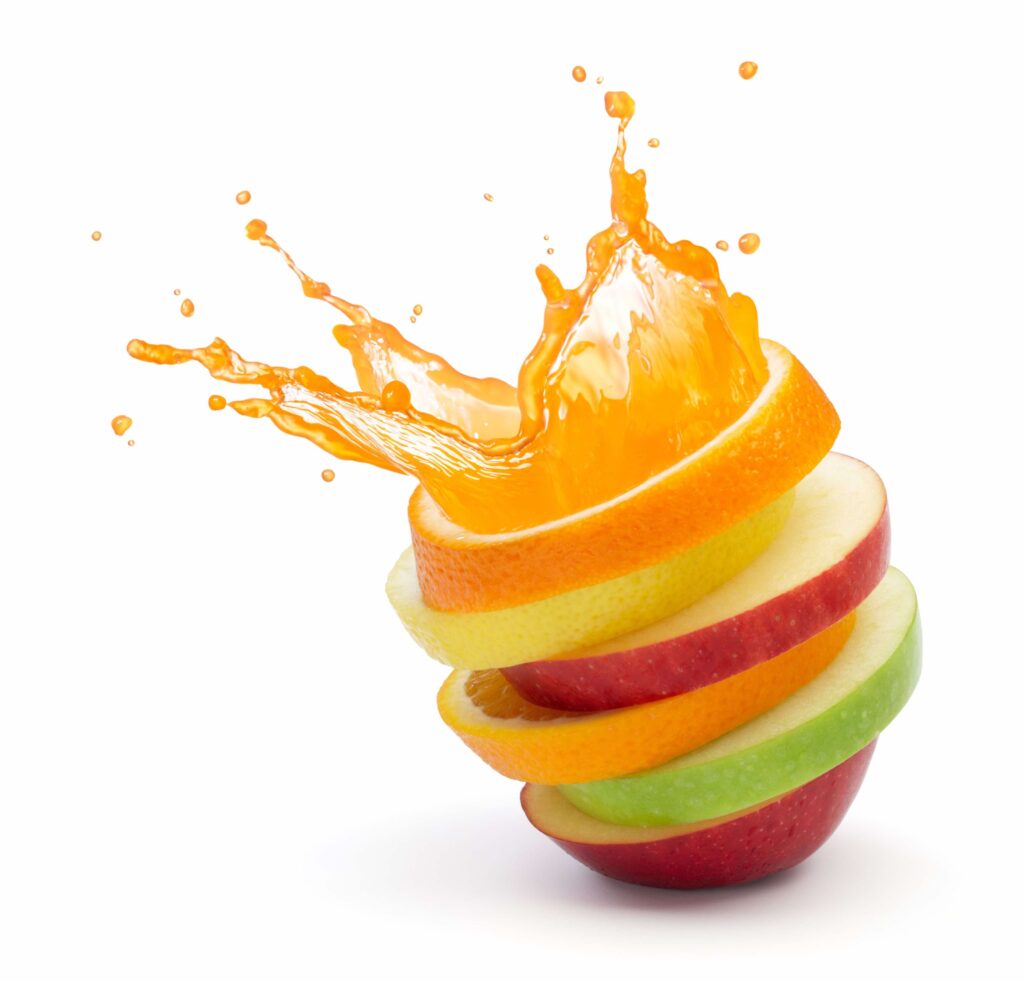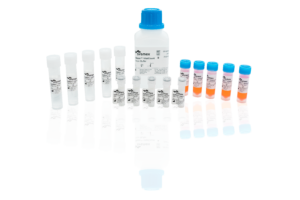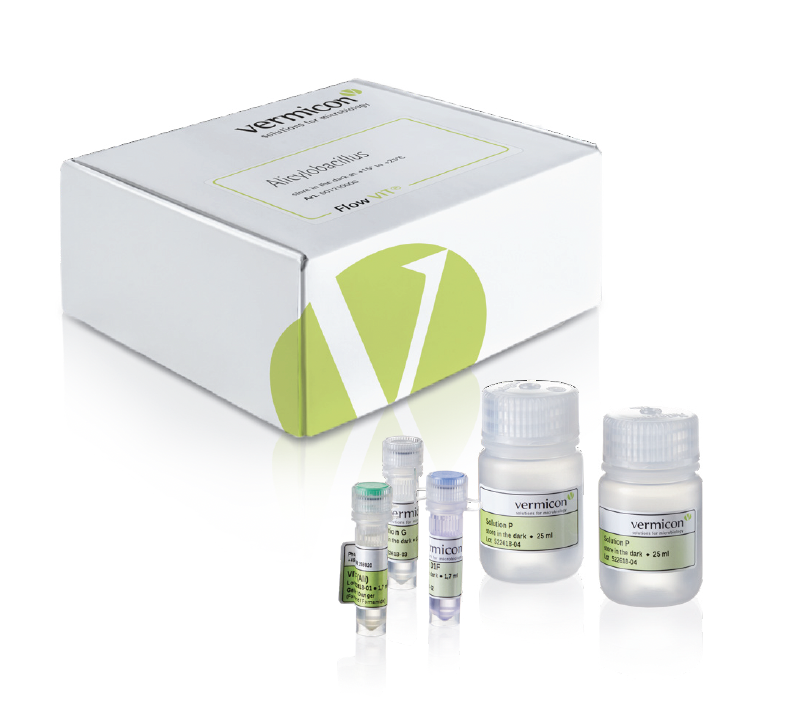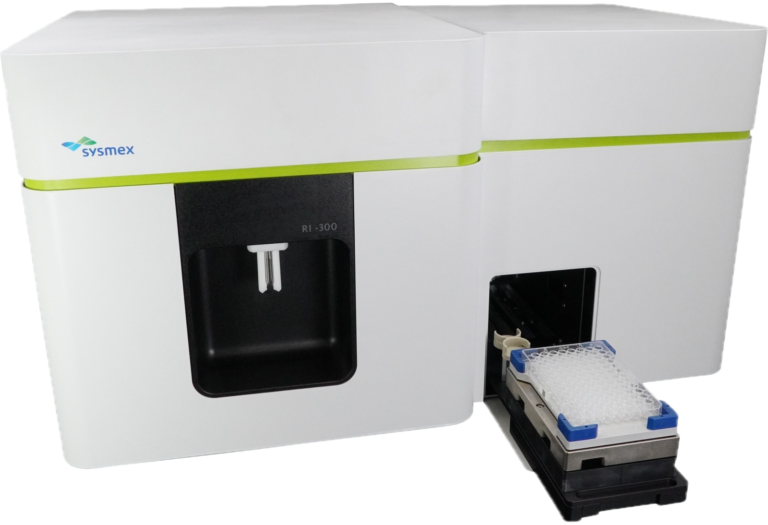Food Safety
Certain types of bacteria, yeasts, and molds can be harmful if consumed, potentially causing foodborne illnesses. While some yeasts and molds may only affect the quality of the juice, others, like certain bacteria, can produce toxins that are harmful to human health.
Shelf Life and Stability
Yeasts and molds are primary causes of food spoilage. They can ferment the sugars in juice, producing off-flavors, off-odors, gas (which can lead to bloating of packages), and changes in appearance and texture.
Quality Assurance
The presence of yeast, mold, or bacteria can alter the taste, aroma, and appearance of juice, leading to an unacceptable product for consumers. Quality control testing is essential to ensure that the product meets the desired standards and is consistent from batch to batch.
Economic Implications
Spoilage of juice due to microbial contamination can lead to significant economic losses. Regular microbial testing helps in early detection and can save resources by preventing large-scale spoilage.
Fermentation Control
In the case of intentionally fermented juices (like some ciders), monitoring the yeast and bacterial populations is essential for controlling the fermentation process.



